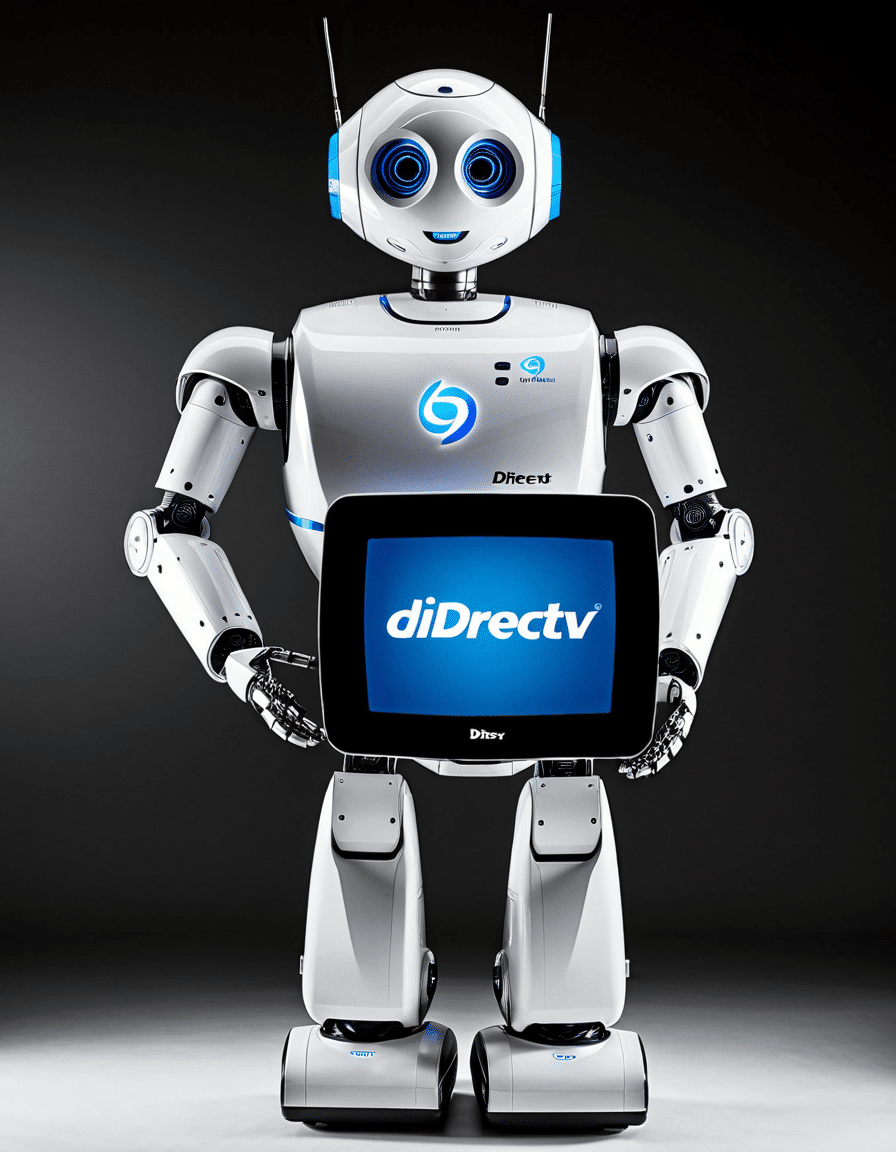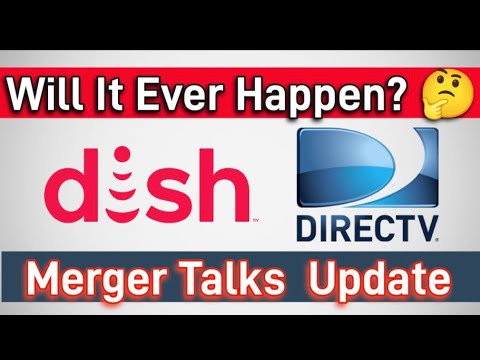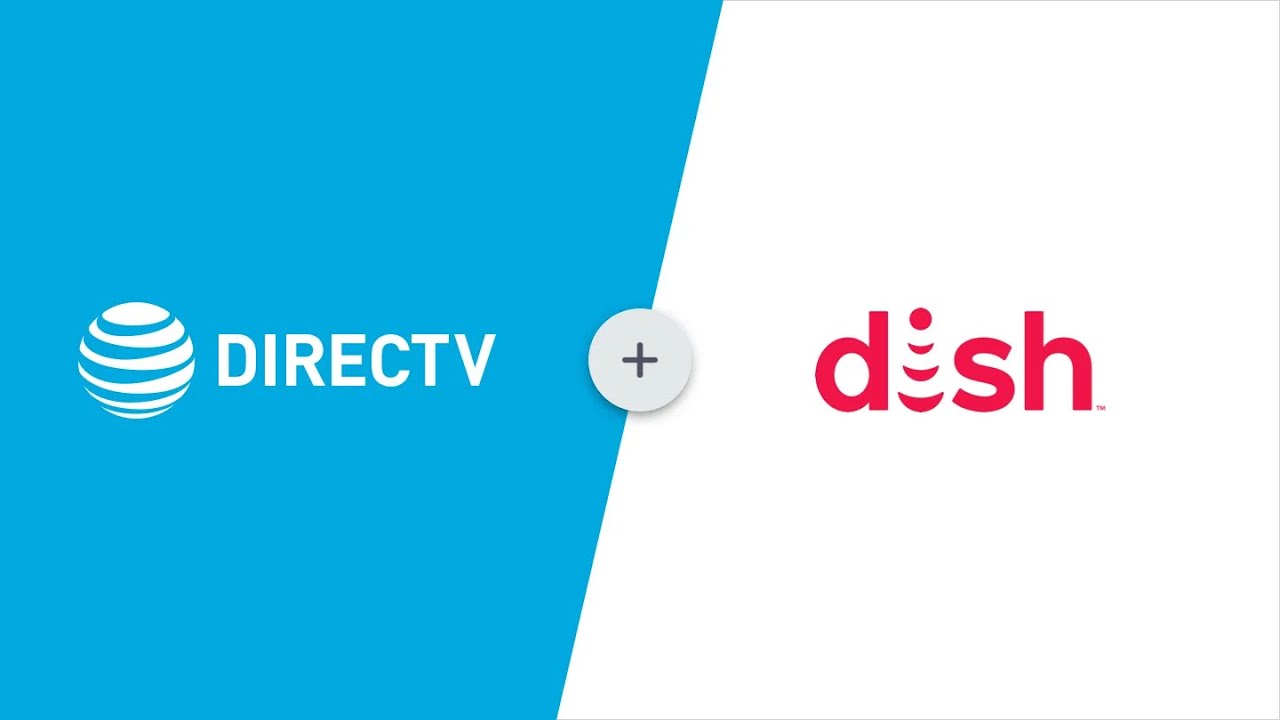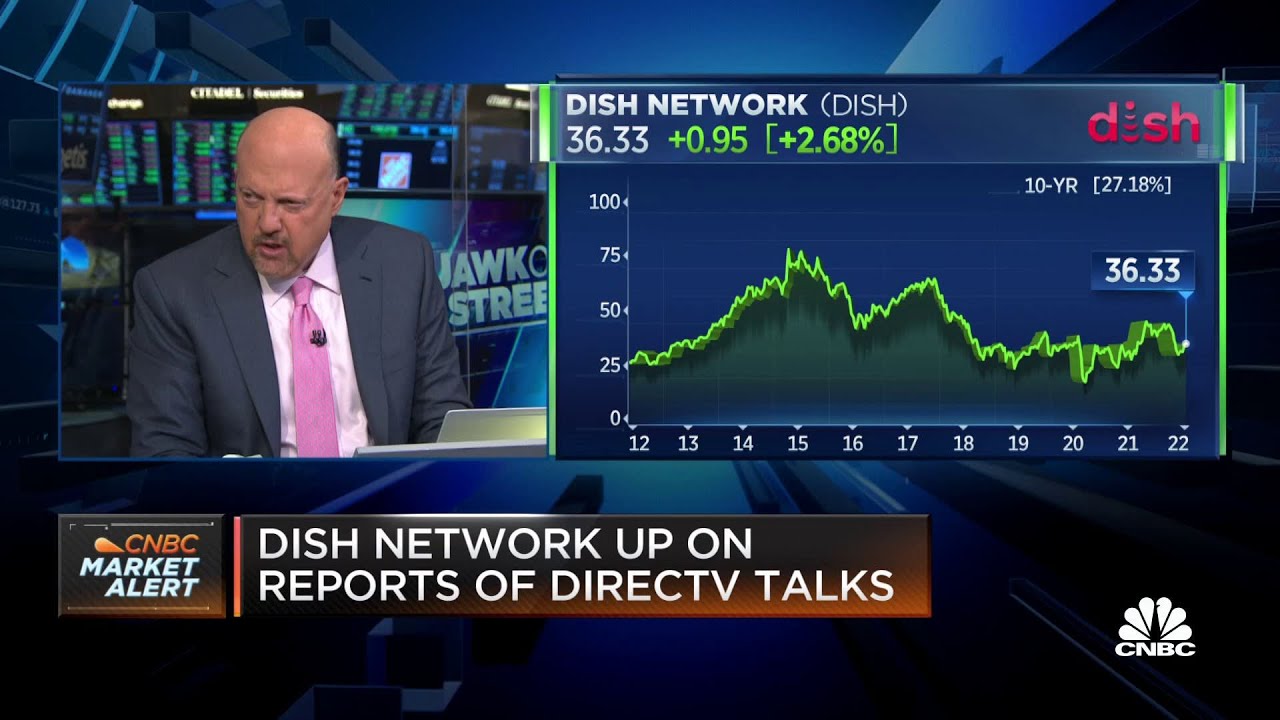The ongoing DirecTV dish merger talks have set off alarms and raised eyebrows, reflecting the complex interplay between innovation and competition in today’s telecommunications industry. For DirecTV and Dish Network, this potential union might be seen as a survival strategy in an increasingly cutthroat market. With more consumers turning to streaming services for their entertainment needs, what happens next could redefine the landscape for pay television and affect millions of viewers. This article aims to shed light on what both companies stand to gain or lose in this pivotal moment.
Consumers and analysts are curious about the motivations behind these merger discussions. Both DirecTV and Dish have been grappling with declining subscriber numbers as cable TV begins to lose its grip on the market. Streaming services such as Netflix and Hulu have come to dominate the viewer experience, making it essential for traditional companies to adapt. The prospect of collaborating may allow them to pool resources, reduce operational costs, and invest in technology to create more appealing offerings.
However, this union serves as a double-edged sword. While the potential benefits of enhanced service and combined market power could be on the table, the ramifications for competition and pricing strategies pose significant risks. The stakes couldn’t be higher as consumers eye these developments with caution, weighing how a potential merger could impact their monthly bills, service quality, and choices in the market.
Top 5 Concerns Surrounding the DirecTV Dish Merger Talks
A merger between DirecTV and Dish could drastically affect competition in pay TV. With increased market power, there’s a real concern that smaller competitors, like Verizon Fios and Comcast, could struggle to keep pace. This shift could lead to monopolistic behavior, resulting in fewer choices for consumers, who are already facing a dwindling array of options.
Many analysts worry that the DirecTV dish merger talks may lead to a squeeze on consumer wallets. A merger might eliminate the competitive pricing pressures that keep service costs in check. If history is any guide, past mergers—a case in point being the Comcast-NBC union—often paved the way for increased service costs, leaving consumers with fewer bargaining powers.
Mergers are notorious for leading to operational efficiencies that often translate into significant job losses. Preliminary reports suggest that a merger between these two giants could lay off hundreds of employees. The economic implications of such layoffs stretch far beyond just the individual workers, affecting families and communities that rely on these jobs.
Antitrust regulators, including the Federal Communications Commission (FCC) and the Department of Justice (DOJ), are poised to scrutinize the DirecTV dish merger talks intensely. Similar ventures have faced serious hurdles, evidenced by AT&T’s challenging acquisition of Time Warner. Navigating regulatory requirements can delay proceedings and inject uncertainty into business plans, which can spook investors.
As viewer preferences shift dramatically towards streaming services, how will this merger adapt? Fresh competition from platforms like Amazon Prime Video and Disney+ continues to erode traditional television subscriptions. Thus, even if a merger succeeds, it raises questions about whether it can truly reverse the decline in conventional viewership.
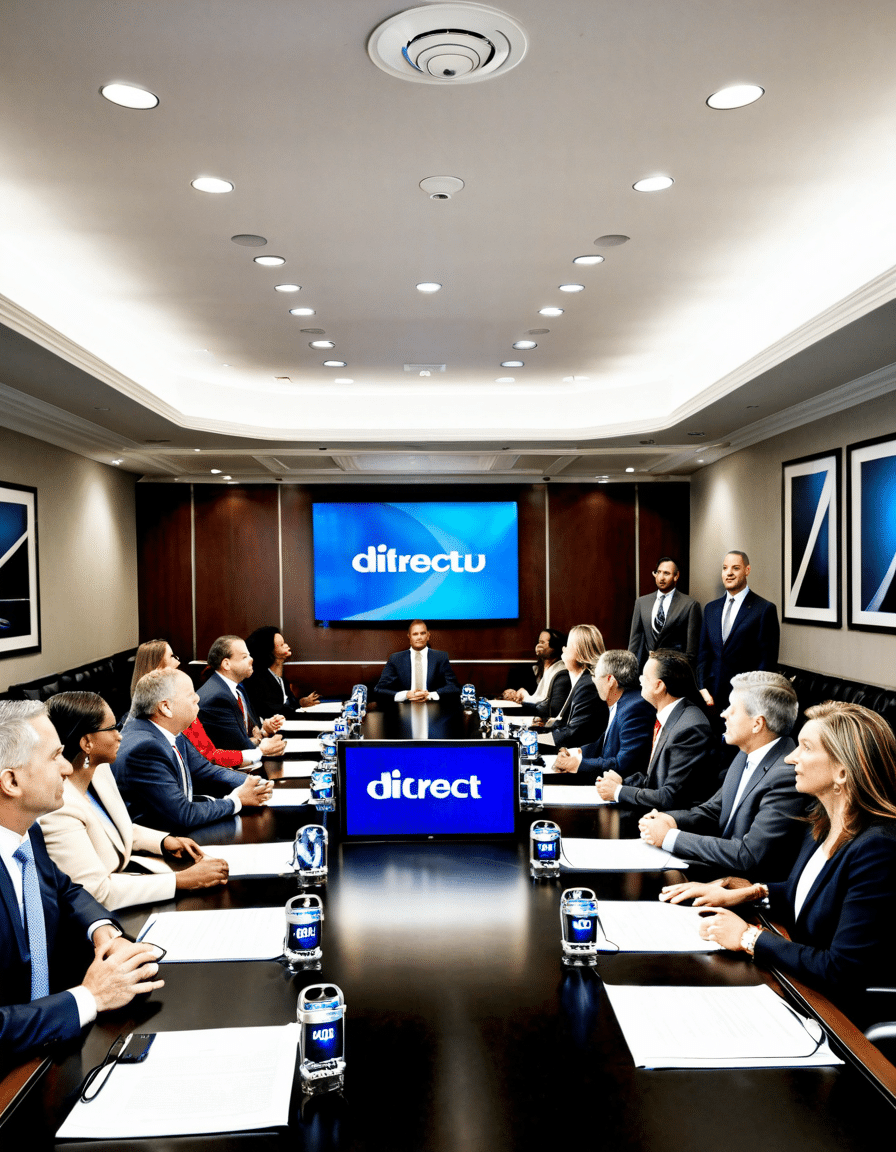
Insights from Industry Experts on the DirecTV Dish Merger Talks
Industry experts provide a mixed view on the DirecTV dish merger talks reflecting the multifaceted nature of the telecommunications world. Tech analyst Sarah Johnson believes that a merger could magnify technological advancements. “Joint investments in streaming and digital platforms can expedite their growth in this arena,” she stated. However, telecommunications strategist Mike Roberts cautions, saying, “Historically, significant mergers in our sector result in fewer choices for consumers,” adding that history often repeats itself in this industry.
Moreover, other experts highlight potential shifts in content offerings post-merger. The thought of a combined library of channels and shows could make the offering more attractive, but “What about customer service? It’s not just about content, it’s about user experience,” as veteran analyst Mark Thompson states. Balancing these variables will be crucial for the potential merger’s success.
Historical Context: Lessons from Past Mergers in Telecommunications
To truly understand the implications of the DirecTV dish merger talks, we must look back at historical telecom mergers. A notable instance is the Sprint and T-Mobile merger in 2020, which faced fierce regulatory scrutiny. Regulators were concerned about lesser competition against the major players, Verizon and AT&T. Following the merger, though, both companies have managed to position themselves more strategically in the market.
Another case worth pondering is the Charter Communications deal with Time Warner Cable, which demonstrated how mergers can significantly alter market dynamics. Challenges such as customer service quality and pricing emerged as crucial topics of discussion post-merger, echoing the present concerns surrounding the DirecTV dish merger talks.
These examples illustrate that regulatory environments are not static; they evolve based on public sentiment, market efficacy, and economic trends. Companies looking to merge must pay heed to these lessons as the stakes continue to rise.
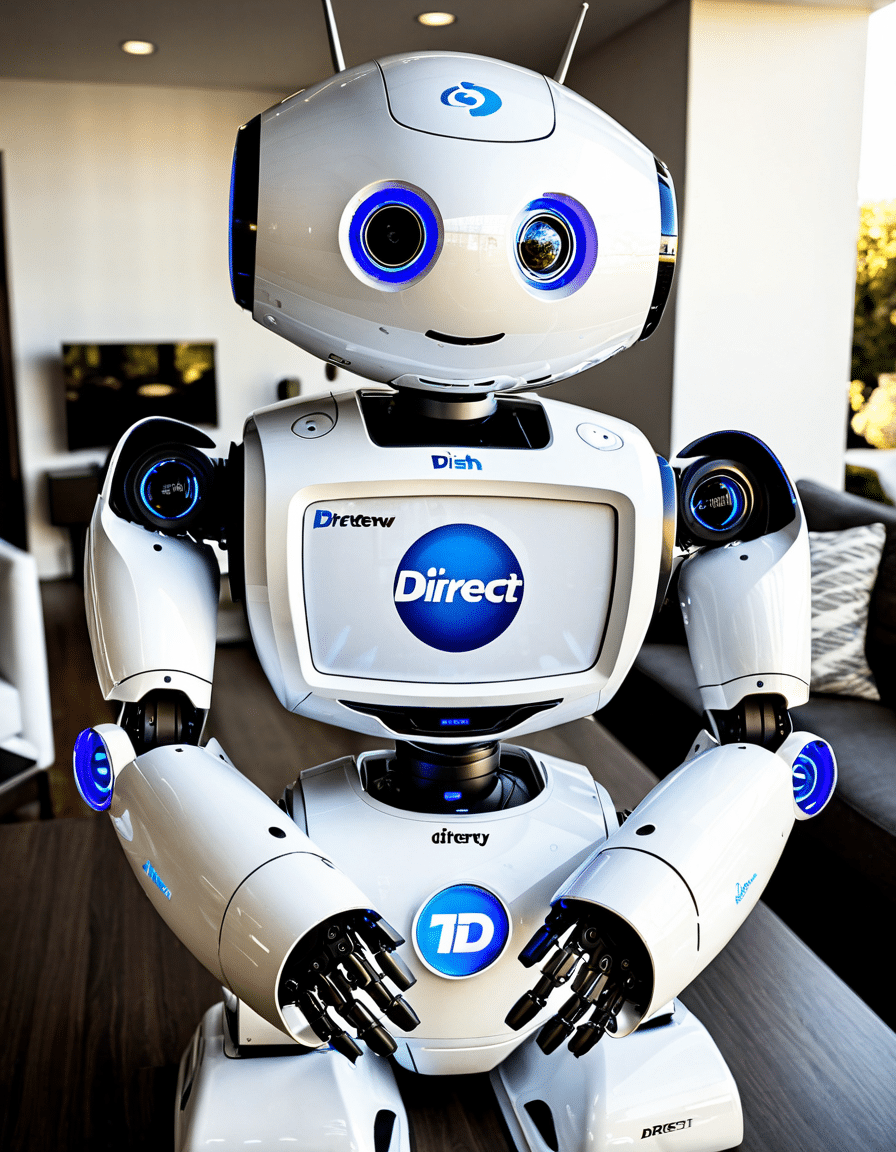
The Broader Impact of DirecTV Dish Merger Talks on Consumers
The implications of the DirecTV dish merger talks stretch far beyond the companies involved. For consumers, questions loom about changes in package offerings, pricing, and customer service. In an era where personalized experiences matter, how these companies could integrate their platforms while maintaining high-quality service will be imperative.
Moreover, as consumers become more educated and discerning, they are likely to demand even greater value—prompting whatever entity does emerge from these talks to innovate continuously. And let’s not forget how social media plays into all this; future customers will voice their concerns and preferences widely, affecting public perception.
Ultimately, customer experience will be key to determining how successful a merged entity can be when balancing competitive pressures with consumer expectations. Keeping customers satisfied may well be the most significant challenge facing the newly formed company.
Final Thoughts on the Future of DirecTV Dish Merger Talks
The DirecTV dish merger talks represent a crucial moment in the telecommunications landscape. As we watch this narrative unfold, it encompasses various themes—from competition and pricing to employment impacts and customer satisfaction. The brewing union presents opportunities and challenges that echo across the industry, shaping not only the companies involved but also their vast consumer bases.
Regulatory bodies and consumer advocates are likely to play pivotal roles in determining how this situation concludes. As this story develops, the coming weeks and months may very well set the tone for the future of telecommunications. All eyes will be on DirecTV and Dish, as their next moves will resonate far beyond their balance sheets and into living rooms across America.
DIRECTV DISH MERGER TALKS: Fun Trivia and Interesting Facts
A Look at the Industry Landscape
While the talks surrounding the DIRECTV and DISH merger raise many questions, it’s worth noting the vast entertainment universe these companies inhabit. Did you know that the cast of Godzilla x Kong: The New Empire promises to bring fresh action to the big screen? This illustrates how competition in entertainment is fierce, much like the tussle between major satellite providers. As satellite dishes become more innovative, merging could streamline offerings in a way that rivals even popular music groups. Just like Toni Tony Tone captivated audiences with their smooth R&B hits, these companies aim to grab viewer attention through unique packages.
Understanding Consumer Sentiment
Concerns among consumers about this merger reflect a broader anxiety in today’s media scene. People want value, similar to how fans eagerly keep track of who won the Powerball lottery. Financial stakes are evident and often high when mergers are on the table. Interestingly, during the merger discussions, there has been a buzz akin to that surrounding legendary pop icons. You can hardly scroll through social media without spotting mentions of sexy Sofia Vergara, whose appeal transcends genres, much like the diverse content satellite TV aims to provide.
The Future of Entertainment Choices
As the DIRECTV dish merger talks progress, one can’t help but ponder what the future holds for television choices. Satellite TV has been a staple for many, akin to collecting coins like the 1965 quarter—it holds both value and nostalgia. Yet, like beloved video games such as Paladins, this merger could bring more exciting options to the table. The entertainment industry is evolving rapidly, and keeping an ear to the ground is vital. Mergers aren’t just about numbers; they’re about enhancing viewer experiences and expanding horizons. Just like experimental chefs, such as Thomas Matthew Cooks, create unique culinary experiences, merged companies can offer an enticing mix of channels and services that draw in subscribers eager for change.
In the fast-paced landscape of entertainment, keeping abreast of trends is crucial. With every shift, there’s potential for something new and thrilling to emerge. One thing’s for sure: the DIRECTV dish merger talks are just one of many fascinating chapters in the ongoing story of media and entertainment!
